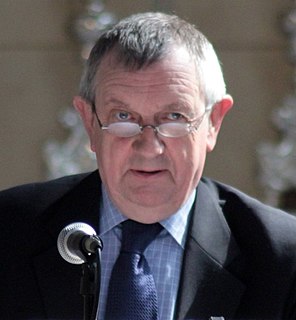A Quote by Italo Calvino
The city, however, does not tell its past, but contains it like the lines of a hand
Related Quotes
The city, however, does not tell its past, but contains it like the lines of a hand, written in the corners of the streets, the gratings of the windows, the banisters of the steps, the antennae of the lightning rods, the poles of the flags, every segment marked in turn with scratches, indentations, scrolls.
Cities have always offered anonymity, variety, and conjunction, qualities best basked in by walking: one does not have to go into the bakery or the fortune-teller's, only to know that one might. A city always contains more than any inhabitant can know, and a great city always makes the unknown and the possible spurs to the imagination.
Miami Beach is a completely interesting hybrid because it is, on the one hand, a resort and, on the other hand, a real city. This condition of city and water on two sides I think is really amazing. And in the heart of that city, it has put an enormous convention center, an enormous physical presence.
You will notice that what we are aiming at when we fall in love is a very strange paradox. The paradox consists of the fact that, when we fall in love, we are seeking to re-find all or some of the people to whom we were attached as children. On the other hand, we ask our beloved to correct all of the wrongs that these early parents or siblings inflicted upon us. So that love contains in it the contradiction: The attempt to return to the past and the attempt to undo the past.
If you put your hand into a fire, does anyone have to tell you to move it? Do you have to decide? No: When your hand starts to burn, it moves. You don’t have to direct it; the hand moves itself. In the same way, once you understand, through inquiry, that an untrue thought causes suffering, you move away from it.
I can't tell you what art does and how it does it, but I know that often art has judged the judges, pleaded revenge to the innocent and shown to the future what the past suffered, so that it has never been forgotten. Art, when it functions like this, becomes a meeting-place of the invisible, the irreducible, the enduring, guts, and honor.































